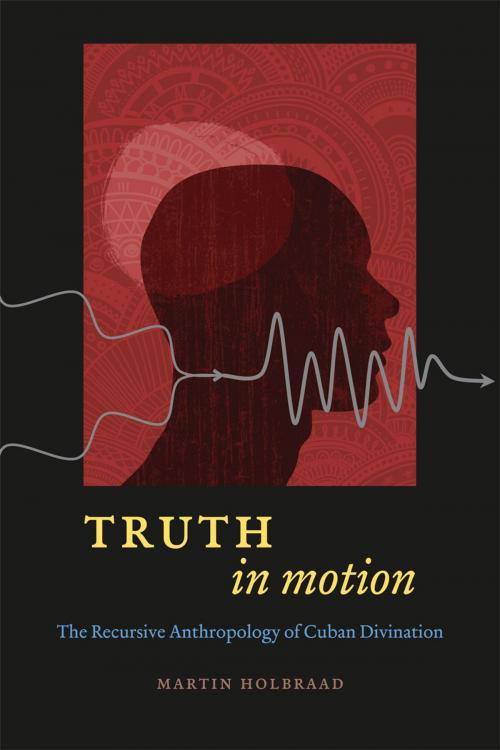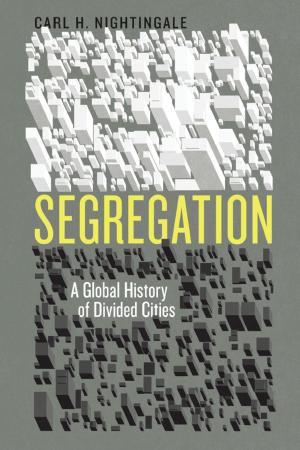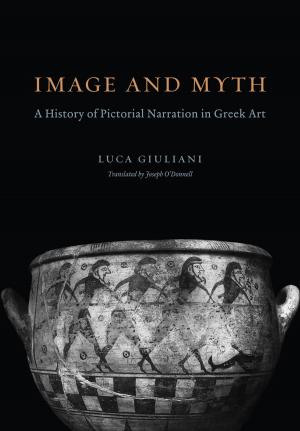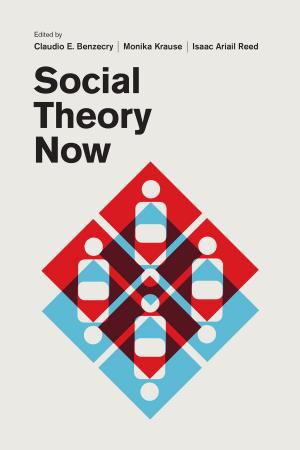Truth in Motion
The Recursive Anthropology of Cuban Divination
Nonfiction, Social & Cultural Studies, Social Science, Anthropology| Author: | Martin Holbraad | ISBN: | 9780226349220 |
| Publisher: | University of Chicago Press | Publication: | May 4, 2012 |
| Imprint: | University of Chicago Press | Language: | English |
| Author: | Martin Holbraad |
| ISBN: | 9780226349220 |
| Publisher: | University of Chicago Press |
| Publication: | May 4, 2012 |
| Imprint: | University of Chicago Press |
| Language: | English |
Embarking on an ethnographic journey to the inner barrios of Havana among practitioners of Ifá, a prestigious Afro-Cuban tradition of divination, Truth in Motion reevaluates Western ideas about truth in light of the practices and ideas of a wildly different, and highly respected, model. Acutely focusing on Ifá, Martin Holbraad takes the reader inside consultations, initiations, and lively public debates to show how Ifá practitioners see truth as something to be not so much represented, as transformed. Bringing his findings to bear on the discipline of anthropology itself, he recasts the very idea of truth as a matter not only of epistemological divergence but also of ontological difference—the question of truth, he argues, is not simply about how things may appear differently to people, but also about the different ways of imagining what those things are. By delving so deeply into Ifá practices, Truth in Motion offers cogent new ways of thinking about otherness and how anthropology can navigate it.
Embarking on an ethnographic journey to the inner barrios of Havana among practitioners of Ifá, a prestigious Afro-Cuban tradition of divination, Truth in Motion reevaluates Western ideas about truth in light of the practices and ideas of a wildly different, and highly respected, model. Acutely focusing on Ifá, Martin Holbraad takes the reader inside consultations, initiations, and lively public debates to show how Ifá practitioners see truth as something to be not so much represented, as transformed. Bringing his findings to bear on the discipline of anthropology itself, he recasts the very idea of truth as a matter not only of epistemological divergence but also of ontological difference—the question of truth, he argues, is not simply about how things may appear differently to people, but also about the different ways of imagining what those things are. By delving so deeply into Ifá practices, Truth in Motion offers cogent new ways of thinking about otherness and how anthropology can navigate it.















